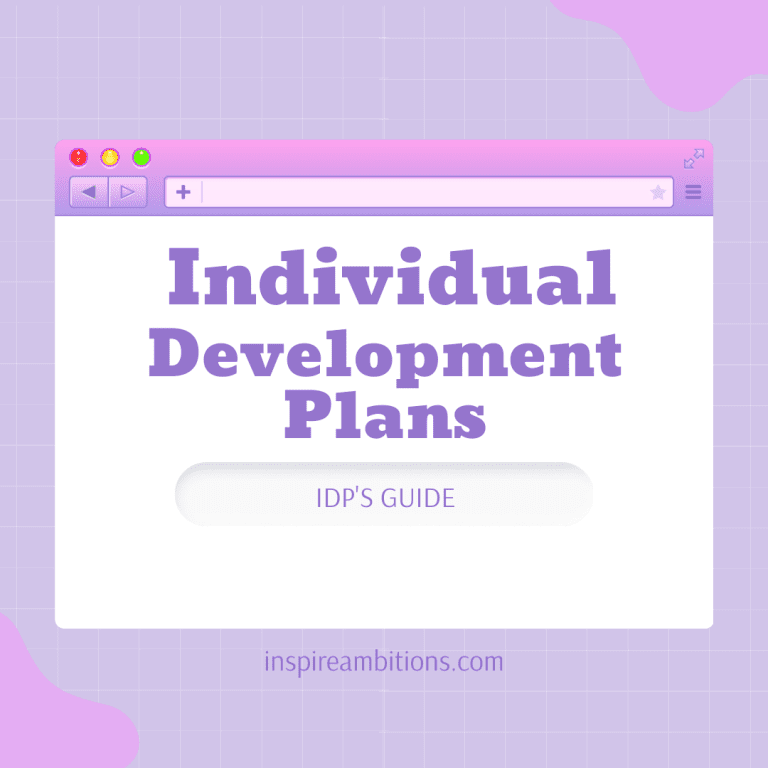リーダーシップの適性 – チームを指導するあなたの可能性を評価する

Leadership Aptitude: Assessing Your Potential to Lead
Understanding your innate capacity to guide others is intrinsic to effective leadership. Leadership is not solely about holding a position of power; it’s about possessing qualities that inspire others to follow.
A good leader exhibits characteristics such as decisiveness, integrity, and 共感, while a great leader uplifts and motivates, fostering a collaborative environment where each individual’s contributions are valued and recognised.
Assessing Leadership Qualities
を求めて leadership excellence, it is crucial to self-assess and identify the traits that can propel you to become a more influential figure.
Qualities such as effective communication, resilience in adversity, and the ability to strategise and execute plans are cornerstones of a robust leadership foundation. Reflecting on your leadership style enables you to harness your strengths and address weaknesses, refining your leadership ability.
Cultivating Greatness in Leadership
Whether you aspire to lead or are a seasoned leader seeking to enhance your skills, 継続的な学習 and adaptation are essential. Integrating feedback, remaining open to new ideas, and staying abreast of leadership trends are pivotal for growth.
By fostering an environment of mutual trust and respect, you pave the way for collective success, making leadership not just about personal achievement but about the upliftment and advancement of your team.
Understanding Leadership Aptitude

In examining leadership aptitude, you must recognise the blend of competencies, skills, and behaviours necessary for effective leadership. Each aspect contributes to an individual’s capability to lead with influence and responsibility.
Foundations of Leadership
Leadership starts with 自己認識; comprehending your strengths and weaknesses is crucial. Understanding these aspects allows you to:
- Identify areas for 個人的成長: Assess and enhance your リーダーシップスキル.
- Play to your strengths: Utilise your strongest competencies to influence and guide others.
The Role of Communication
効果的なコミュニケーション is the cornerstone of leadership. It encompasses:
- Clarity of message: Be precise in what you’re conveying.
- アクティブリスニング: Value feedback and foster trust through engagement.
Strategic Leadership and Decision Making
A strategic leader embodies critical thinking and adept decision-making, which involves:
- Analysing information: Sort through data to inform decisions.
- Forward-thinking: Anticipate future challenges and opportunities.
Building and Leading Effective Teams
Creating and steering successful teams necessitates a deep understanding of team dynamics and the development of a positive culture. This includes:
- Relationship building: Cultivate a trustful environment through constant interaction.
- Engagement: Encourage team members to invest in the team’s goals and vision.
Practices for Developing Leadership
Developing leadership skills is a continuous practice. To improve your abilities, consider:
- コーチング: Seek mentors to guide your leadership journey.
- Practice: Regularly apply new skills in real-world settings to foster growth.
Expanding Leadership Capacity
Expanding your leadership capacity is essential to truly excel as a leader by enhancing personal competencies and fostering these qualities within your team.
Adapting to Change
Adapting to change is crucial for maintaining stability within dynamic business environments. You’ll need to:
- Develop adaptability skills to manage uncertainty effectively.
- Align your leadership approach to the ever-evolving external expectations and internal team dynamics.
Innovation and Creativity in Leadership
Innovation and creativity spark growth and lead to desired business outcomes. You should:
- 奨励する 創造性 amongst your team, rewarding innovative solutions.
- Promote an environment where unconventional ideas are welcomed and explored.
Cultivating Leadership in Others
Developing leadership in others is a crucial strategy to build a resilient organisation. Aim to:
- Inspire your team to take on リーダーシップ roles and challenge themselves.
- Foster 婚約 and commitment by recognising potential and providing growth opportunities.
Mastering Conflict and Negotiation
効果的 conflict resolution and negotiation are signs of strong leadership. To enhance these skills:
- Deal with conflicts promptly, applying conflict resolution techniques that align with your team’s and organisation’s values.
- Hone your negotiation skills to navigate challenges while preserving relationships.
Prioritising and Managing Time
効果的 時間管理 increases productivity and effectiveness. You can improve by:
- Identifying key priorities and aligning your daily activities with these.
- Delegate tasks to ensure focus on strategic objectives and maximise team potential.
By actively working on these areas, you will elevate your leadership capabilities, strengthen your team, and enhance overall organisational performance.







